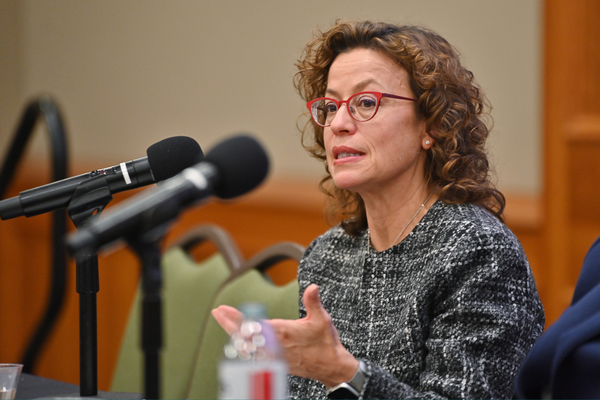Karen Attiah’s Firing and the Failure of Corporate Media
A diverse and independent media centered in community is our only hope
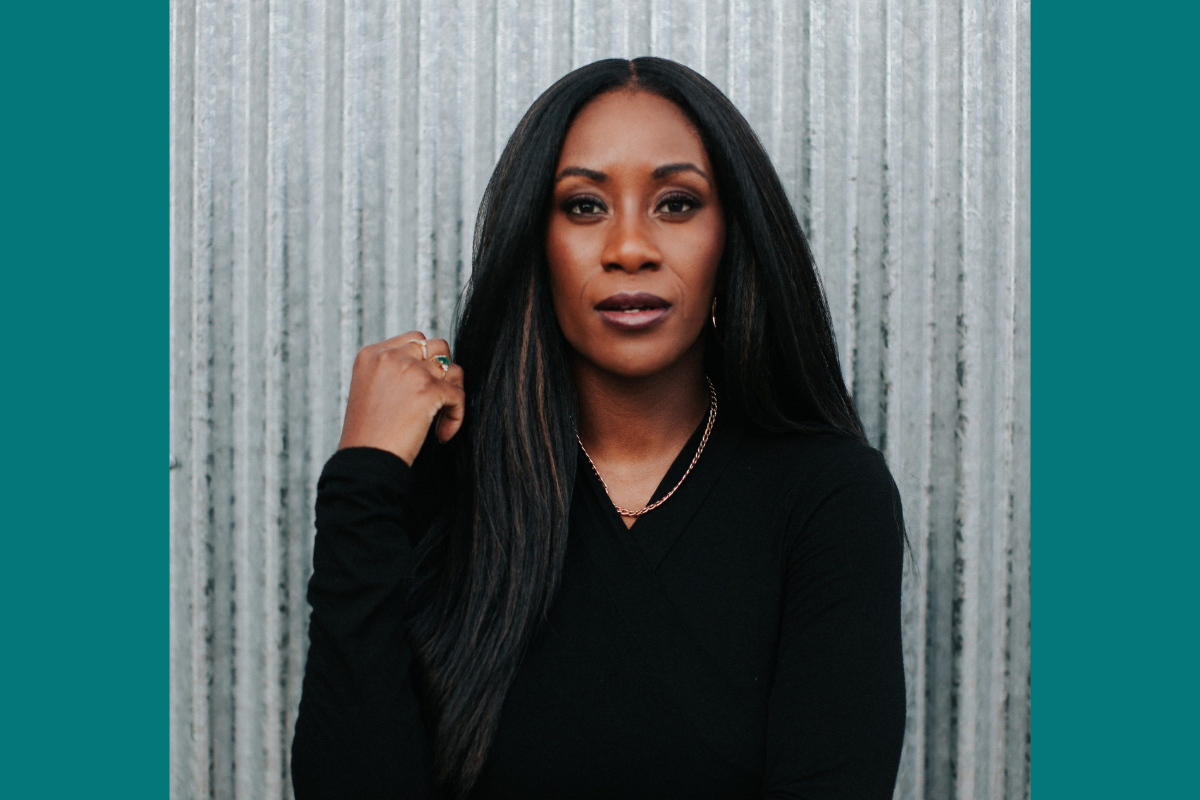
During my seven years as co-host of In The Thick, the award-winning political podcast, our production team had one booking rule: Invite Black, Latino, Indigenous and AAPI journalists to talk with us about big issues because diverse representation on the major cable and podcast shows was pathetic.
That’s how I got to know Karen Attiah, one of the sharpest and smartest voices in journalism.
I had always held Karen in the highest esteem, especially when she used her platform to pursue justice for the 2017 murder of Saudi journalist Jamal Khashoggi, whom she hired as part of The Washington Post’s Global Opinions team. During that time, there wasn’t a journalist out there who didn’t applaud Karen’s courage or commend the Post.
My admiration for Karen is unwavering. I can’t say the same for the Post, an outlet that has published several of my opinion pieces over the years, too.
I felt a sense of dread, rage and disgust on Monday when Karen shared the news that she was fired from her job — over what we later found out from Oliver Darcy’s Status newsletter were two Bluesky posts after Charlie Kirk was murdered.
For the record, these were the two Bluesky posts that the Post questioned:
- “Refusing to tear my clothes and smear ashes on my face in performative mourning for a white man that espoused violence is.... not the same as violence.”
- “Part of what keeps America so violent is the insistence that people perform care, empty goodness and absolution for white men who espouse hatred and violence.”
I know the last week has been tense and painful. Social media posts can be grounds for termination at any media company, but it is troubling when it happens to those who (wait for it) are paid to share their opinions. Karen Attiah pulled no punches, and it was one of the reasons I loved having her on as a regular podcast guest back in the day.
“As a columnist, I used my voice to defend freedom and democracy, challenge power and reflect on culture and politics with honesty and conviction,” Karen wrote on her Substack about her firing.

This is what journalism is supposed to be about — but it’s not what The Washington Post is interested in doing anymore. And they are not alone. Free Press now tracks it all with the Media Capitulation Index, which has labeled Post owner Jeff Bezos as obeying Trump’s demands, earning four chicken heads, one short of straight-out propaganda. It may be time to up that ranking.

No more lamenting
As much as the Post’s behavior should worry us all, especially when it happens to someone of Karen's stature, I am done lamenting what is wrong with these unconscionable actions. I am done hoping that corporate media will change or pretending that billionaires care about good journalism.
We are witnessing the end of free speech within American journalism as we know it, and the only answer is independent journalism that isn’t beholden to corporate outlets like the Post or knee-bending billionaires trying to appease the Trump administration.
The time for moving backward is over.
In a piece for The New Republic about Karen’s firing, Perry Bacon couldn’t have said it any better, reminding us of two “reckonings” happening in the media beginning a decade ago:
- “The mainstream media was reevaluating its coverage of politics and beginning to recognize that its attempt to cover politics ‘neutrally’ had resulted in downplaying how radical and antidemocratic the modern Republican Party had become.”
- “The entire country, including the media, was looking at whether the United States had done enough to address the deep racial inequality that remained from centuries of discrimination against Native Americans and African Americans in particular.”
There were many opportunities then to advance and improve our democracy, but as with most moments in American history, backlashes always happen after some heavy lifting is done, and we are witnessing now those in power being afraid of unfiltered and diverse voices.
Still, this is not the time for capitulating and retreating. But instead, as Bacon concludes, doubling down is the only option:
“Our reckonings on racism and journalism didn’t go too far. The opposite is true — they didn’t go far enough. And the diminishment of prominent Black journalists is the latest indication that a period of progress in the U.S. has ended and a period of retrenchment is in full bloom. An America where Black people, journalists and Black journalists lose political power is one where inequality, racism, authoritarianism and other ills will be rampant.”
The old ways have never worked, and if we are all waiting for corporate media to change, we will wait forever.
“Our country has yet to ensure we have a media system that supports the goals of realizing a multiracial democracy. Our nation’s failures to redress the history of anti-Blackness in our media institutions and media policies are significant factors for the current moment we live in,” my Free Press colleagues and Media 2070 leaders Anshantia Oso and Joseph Torres said Tuesday in a statement that roundly condemns Attiah’s firing.

What happened to Karen Attiah should concern anyone who believes in the free exchange of opinions and thoughts. The billionaires and those who are capitulating to Trump will never save journalism. So let’s stop waiting for them to rediscover courage. The time is now to build and back independent platforms that protect truth, keep our communities at the center and refuse to punish free speech.
Allied forces
A few recent highlights courtesy of my partner Craig Aaron:
In an immoral new nadir, the Trump FCC is reversing efforts to cap the cost of calls in jails and prisons, exposing families of the incarcerated to price-gouging and exploitation.
“Thanks to the bipartisan Martha Wright-Reed Just and Reasonable Communications Act, — passed unanimously by Congress in 2022 and signed by President Biden in 2023 — the FCC adopted new rules capping the cost of calls in jails and prisons,” explains Cheryl Leanza of the United Church of Christ's Media Justice Ministry.
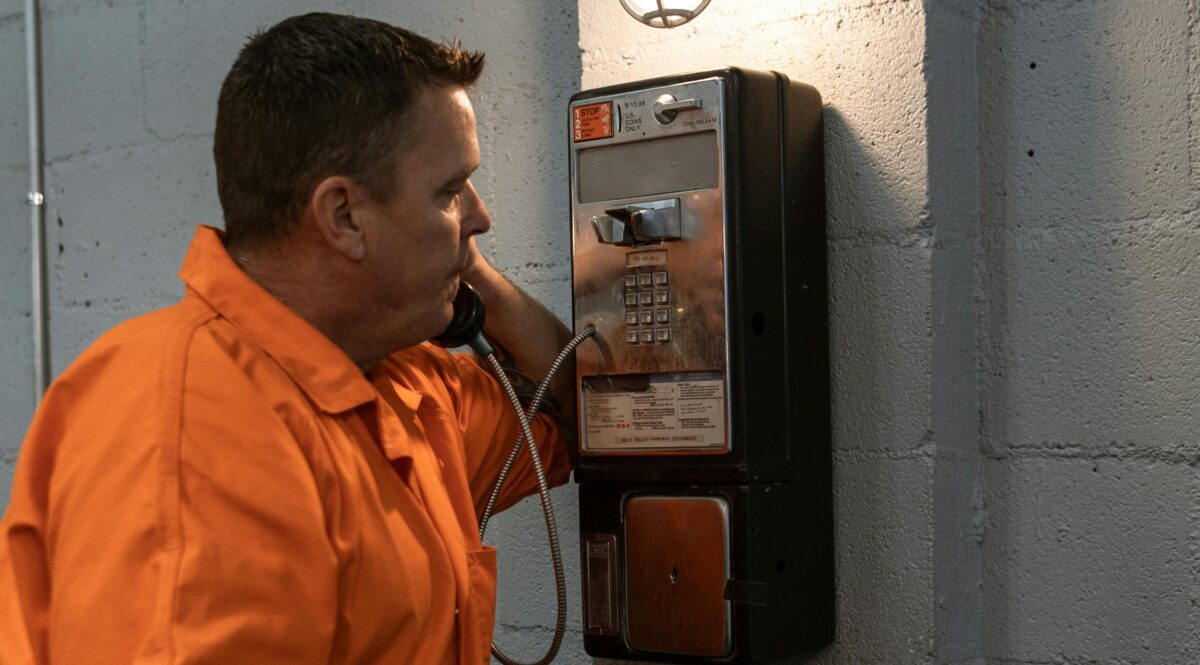
New FCC rules went into effect earlier this year, but the Trump FCC suspended them, and now Chairman Brendan Carr is moving to permanently end these protections.
“The real impact is heartbreaking,” Leanza writes. “Mothers are telling their children they cannot afford to call their fathers. Grandparents are choosing between saying ‘I love you’ and paying for medicine. Clergy and counselors are cutting back their ministry to people in crisis. For families already struggling, the burden of high phone bills has returned overnight.”
Free Press has worked for years with the United Church of Christ and allies to reduce unfair and unjust prison phone rates. Currently, they are organizing a petition against the FCC's moves.
We're late to publicly celebrate the tenure of the Electronic Frontier Foundation’s Cindy Cohn — who is stepping down as executive editor after 25 years at the organization. I highly recommend this interview she did with WIRED on the fight for digital rights.
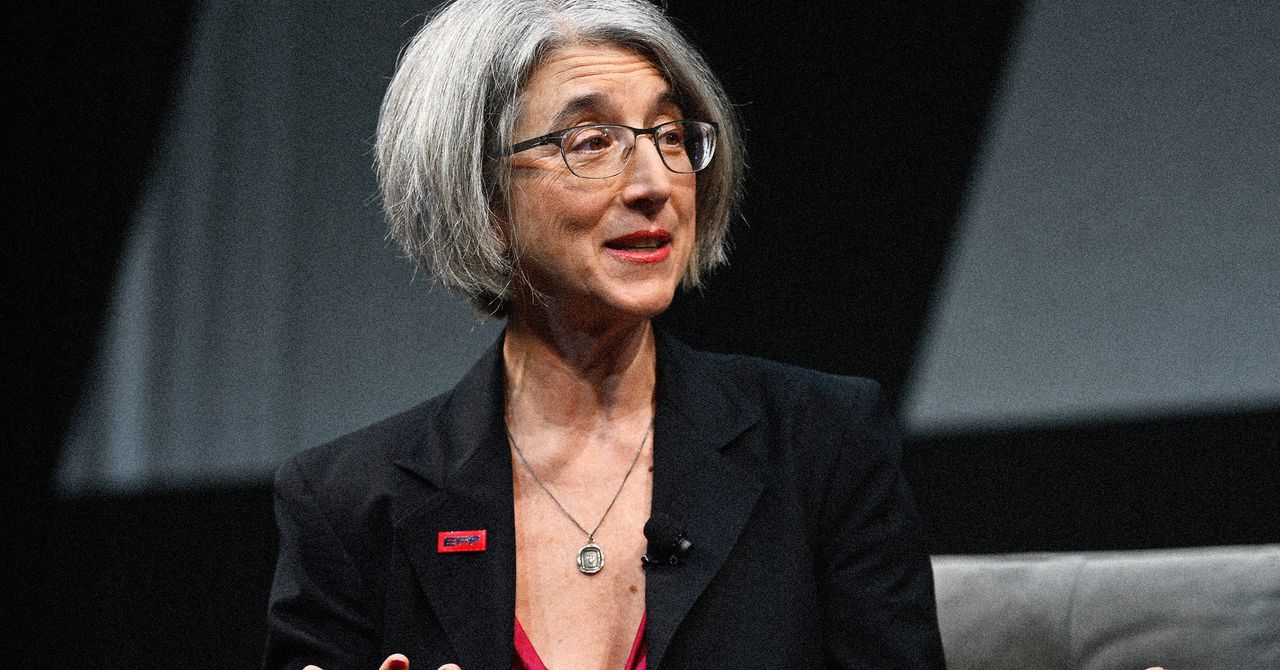
On a personal note, though, I want to emphasize that Cindy is one of the kindest and most humble leaders in the space — always welcoming, always willing to share her knowledge and experience with the rest of us. The best part: She may be done with this position, but she’s clearly not finished doing the work, which is great news for everybody who cares about the future of the Internet.
The kicker
“Every time I listen to a lawyer-trained representative saying we should criminalize free speech in some way, I think to myself, that law school failed,” Justice Sonia Sotomayor, September 16, 2025
About the Author
Julio Ricardo Varela is the senior producer and strategist at Free Press. He is also a working journalist, columnist and nonprofit-media leader. He is a massive Red Sox, Knicks and Arsenal fan (what a combo). Follow him on Bluesky.
